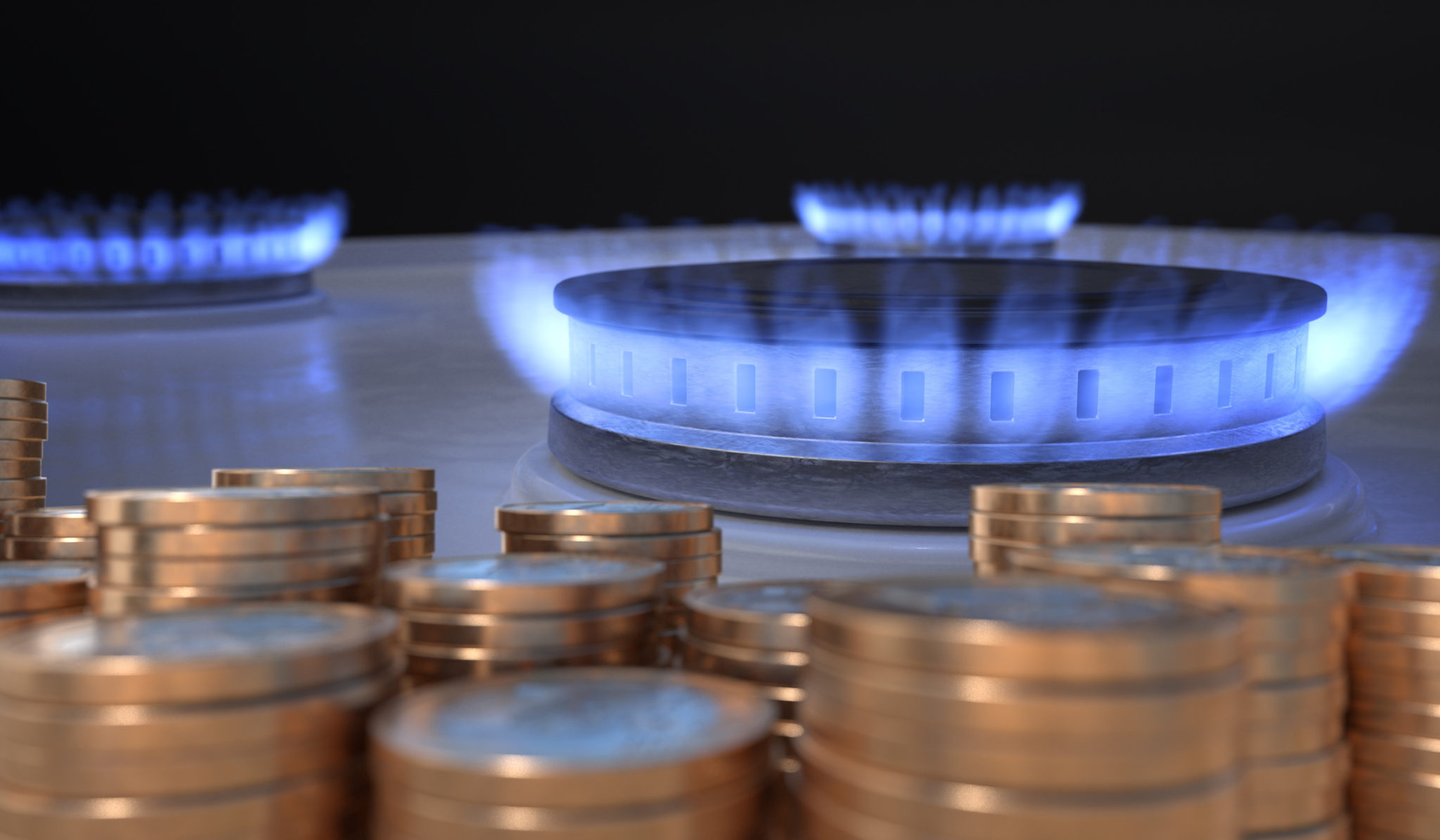For someone who has a fixed rate energy plan, monthly bills are a little more predictable. However, no two gas bills are exactly the same. If you’re reading this, then you probably had a higher gas bill recently and aren’t sure why.
There could be a few reasons why your gas bill is getting higher, so let’s explore what it could possibly be.
Supply and Demand Issues That Increase Prices for Gas
You may have a fixed rate energy plan, but gas prices are always fluctuating. At any given time the average cost per therm could go up or down.
Natural gas prices are based on supply and demand. When the supply is low and demand is high prices go up. This is often seen during the winter since gas is widely used to heat homes, but a lot of things can affect supply and demand. The perfect example of this is a war that involves a gas producer or disrupts supply chains. Because oil and gas are global commodities, events all over the world can have an impact on supply and demand here in the U.S.
If you have a variable rate plan you’re very susceptible to these price swings. You may also see an increase in your rate if it’s time to renew your fixed rate energy plan.
Inefficient Gas Appliances
A higher than normal gas bill can be the result of inefficient gas appliances. As an appliance ages it becomes less efficient. The less efficient the appliance becomes the more gas it will use to do the same amount of work. Looking back at your gas bills from the last 6-12 months you may notice a slight increase each month as energy efficiency declined.
This problem is most notable when the heating system is outdated, reaching the end of its lifespan or not maintained well. There will likely be a noticeable difference between the amount of gas required to heat your home at the start of the heating system’s life compared to a decade down the road when wear and tear takes its toll.
Proper maintenance will help keep appliances efficient as they age. But eventually all appliances need to be replaced. When you get to that point, the best option is to go with ENERGY STAR appliances. These appliances have been tested to ensure they use less energy than standard models without sacrificing quality or performance.
Adding Gas Appliances
An increase in gas use may be due to installing new appliances. Anytime you add an appliance to your home it’s going to impact energy consumption. You can check out the estimated energy use of the appliance and reference your monthly gas bill to determine if things match up. That will help you determine if the new appliance is in fact the underlying issue.
Faulty Thermostat
The biggest use for natural gas in homes is space heating. Space heating accounts for 43% of the total energy use in a home, which means efficiency is extremely important. But it may not be your furnace or HVAC system that’s struggling. You could have a faulty or outdated thermostat that’s causing you to use more gas than necessary.
Thermostats tend to last about 10 years. Past that period they can become less than accurate, leading to timing and temperature issues that increase gas use. Efficiency tends to be worse if the thermostat isn’t programmable.
Placement also matters even if it’s a programmable thermostat. Never install a thermostat where it is hit by direct sunlight or on an exterior wall. The best place for the most accurate readings is on an unobstructed interior wall of a room that’s used frequently.
If your thermostat is faulty or outdated consider replacing it with a smart thermostat. This type of thermostat is even more dialed in than a standard thermostat because it allows for remote access, automation and programming.
READ MORE: Programmable Thermostat Tricks That Improve Energy Efficiency
Bad Weather That Impacts Gas Production and Distribution
People along the Gulf Coast are keenly aware that major weather events like a hurricane can have a negative impact on gas supplies that leads to an increase in cost. But that’s just one type of weather event that can influence gas prices.
The cold is a huge factor. Winter storms and freezing temperatures that last for weeks will make gas prices go up in areas that are experiencing the adverse weather.
Of course, a rising gas bill can be the result of a combination of these factors. At Verde Energy we help customers better understand what affects energy rates and what they can do to curb rising costs. Regardless of how much gas you use you can feel better knowing that you have a 100% renewable energy plan with Verde Energy.



